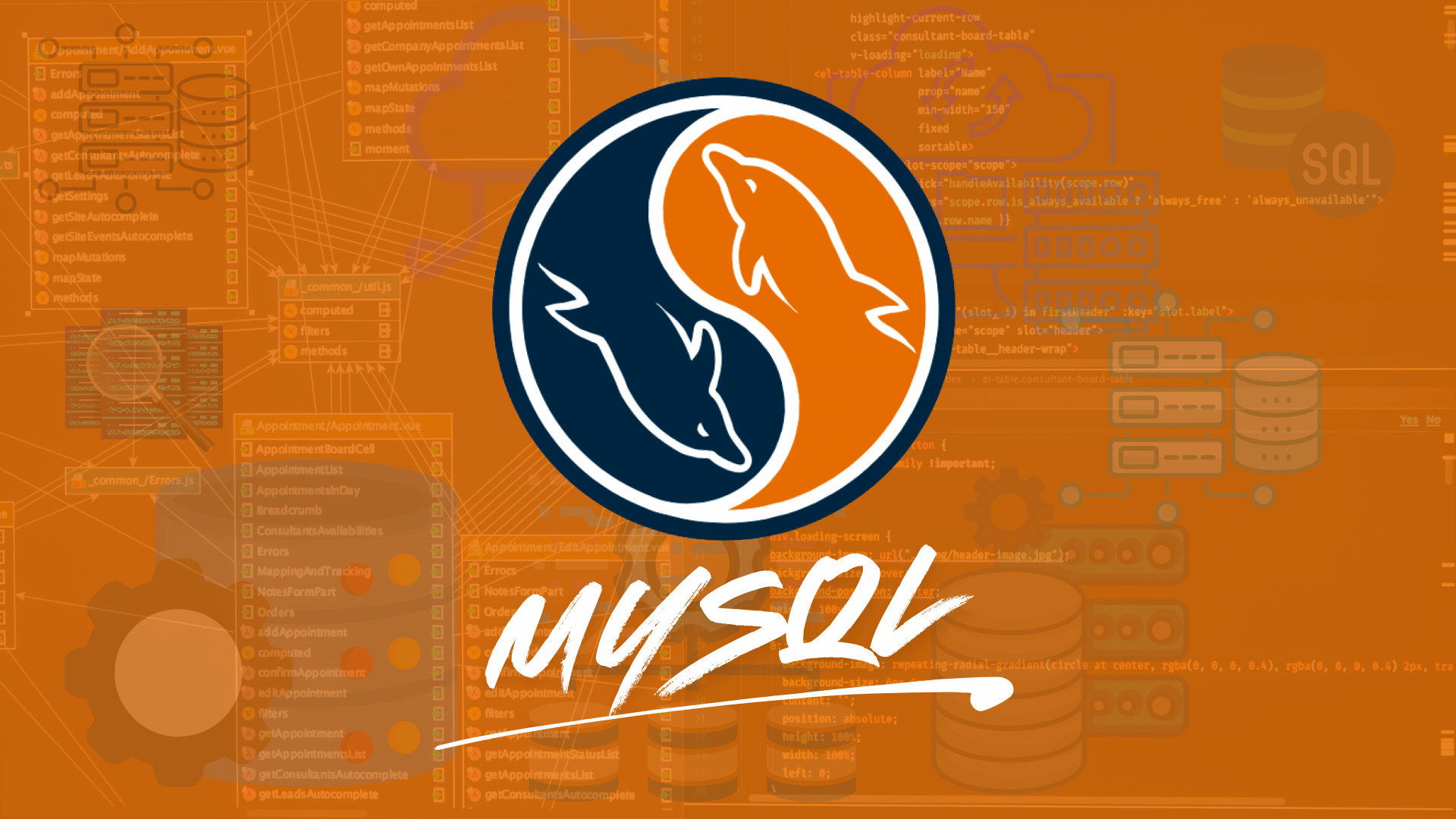
MySQL Complete Course Basic to Advanced
Course Description
After completing the MySQL Database (Basic to Advance) Online Video Training Course in Urdu and Hindi, you will be able to navigate, personalize, and work confidently on various database platforms while managing and controlling the PHPMyAdmin interface.
This course covers:
- Designing and managing databases from basic structure to advanced SQL operations
- Understanding data manipulation and query execution
- Mastering essential SQL commands used in real-world professional environments
By the end of this course, you’ll be equipped to:
✅ Create, manage, and maintain MySQL databases
✅ Integrate databases with websites and applications
✅ Optimize performance and become a confident SQL power user
🧠 Introduction
MySQL is one of the world’s most popular and reliable open-source relational database management systems (RDBMS). It is fast, free, and widely used in web development and enterprise applications.
- MySQL forms a key part of the LAMP stack (Linux, Apache, MySQL, PHP), powering millions of websites worldwide.
- Using SQL (Structured Query Language), you can define, manage, and retrieve data efficiently.
- MySQL supports multi-user access, data integrity, and high-performance queries, making it the go-to database for developers and businesses.
Other popular DBMS platforms include PostgreSQL, Microsoft SQL Server, Oracle, and Sybase.
This course focuses specifically on MySQL, guiding you through both fundamental and advanced features for practical database management.
📘 What You’ll Learn
By completing this course, you’ll gain the ability to:
- Understand what databases and SQL are and how they work
- Install and configure MySQL Server and XAMPP (PHPMyAdmin)
- Create and manage databases, tables, and records
- Write and execute SQL queries for data selection, insertion, updating, and deletion
- Work with operators, joins, functions, and constraints
- Use WHERE, ORDER BY, GROUP BY, and HAVING clauses
- Build and execute subqueries for advanced data analysis
- Explore wildcards, views, and stored procedures
- Manage database relationships, keys, and normalization concepts
- Import and export data securely
- Handle advanced features like triggers, indexing, and performance tuning
- Design and maintain professional-grade databases for websites and applications
💻 Prerequisites
Before starting this course, learners should have a working knowledge of:
- 💡 Basic computer skills
- 🌐 Basic internet usage
🧩 System Compatibility
This training is compatible with:
- 🪟 Windows Operating System
- 🍎 macOS (latest versions)
- 🤖 Android smartphones and tablets
- 📱 Apple iPhone and iPad (iOS devices)
Learners can access the course on desktops, laptops, tablets, or mobile devices with a stable internet connection.
🎓 Certification
Students who complete the course through Virtual Academy LMS (www.virtualacademy.pk) will be eligible for a Registered Diploma.
To earn the certification, learners must:
- ✅ Complete all chapters in the LMS
- 🧩 Attempt and pass the quizzes associated with each chapter
- 📝 Submit any required assignments/projects
After completion, students can directly download their Diploma/Certificate from the LMS.
Course Details
- 1. Course Introduction Video
- 2. Introduction to MySQL & Databases
- 3. Download & Installation of MySQL Server
-
Chapter No 01 Introduction & Installment
No Notes available for this chapter
-
1. Create First Database in MySQL (Locked) 14:45 Min
-
2. MySQL Data Types Overview (Locked) 09:04 Min
-
3. Create Database with Varchar, Int & Primary Key (Locked) 05:11 Min
-
Chapter No 02 Creating Database & Data Types (Locked)
No Notes available for this chapter
-
1. Show & Select in MySQL (Locked) 09.05 Min
-
2. Show Multiple Queries & Use of DISTINCT (Locked) 07.00 Min
-
3. Order By, Limits, ASC & DESC (Locked) 08.31 Min
-
4. Use Order By, Limits, ASC & DESC in One Syntax (Locked) 08.29 Min
-
Chapter No 03 Basic Queries & Filtering (Locked)
No Notes available for this chapter
-
1. Use Operators, Add & Delete Columns (Locked) 13:31 Min
-
2. MySQL Operators – Urdu Tutorial (Locked) 06:15 Min
-
Chapter No 04 Operators & Columns (Locked)
No Notes available for this chapter
-
1. Fully Qualified Name & Wildcard (Locked) 18:19 Min
-
2. CONCAT, Custom Column & Math Operators (Locked) 12:48 Min
-
3. Use Functions in MySQL (Locked) 09:13 Min
-
4. More Functions in MySQL (Locked) 10:00 Min
-
Chapter No 05 Formatting, Function & Tools (Locked)
No Notes available for this chapter
-
1. Alter, Drop, Rename in MySQL (Locked) 09:23 Min
-
2. Create DB using INSERT INTO (Locked) 08:20 Min
-
3. Update & Delete Data in MySQL (Locked) 07:44 Min
-
Chapter No 06 Altering, Inserting, Updating (Locked)
No Notes available for this chapter
-
1. Inner Join (Locked) 12:31 Min
-
2. Right Join & Left Join (Locked) 08:45 Min
-
Chapter No 07 Join in MySQL (Locked)
No Notes available for this chapter
-
1. Use Null & IS NOT NULL (Locked) 11:12 Min
-
2. Union & Union All Queries (Locked) 7:12 Min
-
3. NOT NULL & Constraint Usage (Locked) 20:29 Min
-
4. Unique Constraints (Locked) 18:34 Min
-
5. Primary Key Constraints (Locked) 17:31 Min
-
6. Foreign Key Constraints (Locked) 17:31 Min
-
7. Default Constraints (Locked) 08:56 Min
-
Chapter No 08 Null, Union & Constraints (Locked)
No Notes available for this chapter
-
1. Having Clause in MySQL (Locked) 14:14 Min
-
2. Sub Queries in MySQL (Locked) 21:38 Min
-
3. Regular Expressions in MySQL (Locked) 16:51 Min
-
4. ON DELETE CASCADE (Locked) 14:40 Min
-
Chapter No 09 Advanced Queries & Logics (Locked)
No Notes available for this chapter
-
1. Select Nth Highest Record (Locked) 14:49 Min
-
2. Find Duplicate Values (Locked) 16:54 Min
-
3. Copy Column, Table & Structure (Locked) 13:32 Min
-
4. Import & Export MySQL Data & View (Locked) 25:26 Min
-
Chapter No 10 Useful MySQL Techniques (Locked)
No Notes available for this chapter











